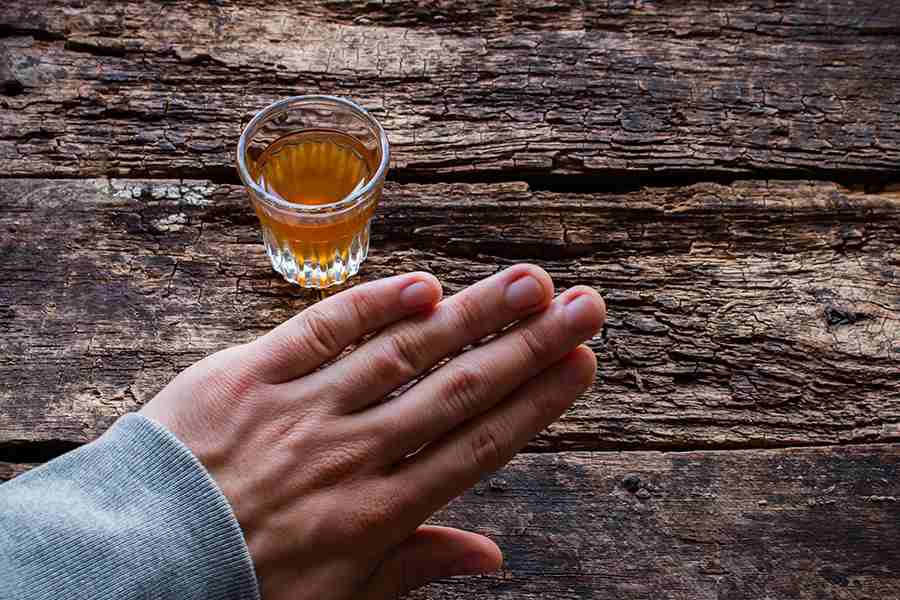A Month Without Alcohol – 30 Things to Do Instead of Drinking
When you give up drinking it can seem like all of the fun things you used to do go with it. Most of our social lives revolve around alcohol, which not only is unhealthy but can lead to the slippery slope of addiction. Choosing to live alcohol-free may seem like a daunting task, but all you need to do is find things that can replace drinking. Why You Can Still Have Fun and Be Sober While it can feel lonely being one of the only of your friends that is sober, it’s more likely than not that someone around …
A Month Without Alcohol – 30 Things to Do Instead of Drinking Read More …







